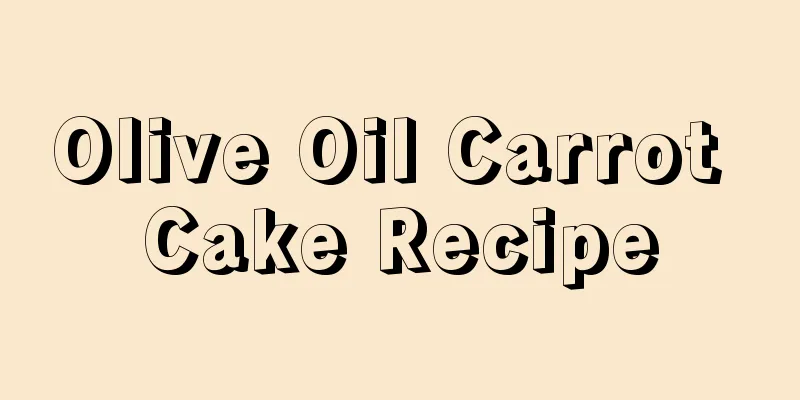Can people with nephritis eat walnuts?

|
Patients with nephritis have extremely high requirements for diet. Generally, they should try to stay away from foods with high protein content. For example, the protein content in walnuts is very high. After patients eat them, it will increase the metabolic burden on the kidneys and make the condition worse after a period of time, so it is better not to eat them. 1. Can patients with nephritis eat walnuts? Experts tell us that walnuts are high in fat and protein, which are difficult for the kidneys to metabolize. Although they don’t explicitly say you can’t eat them, they recommend eating less. 2. What foods are suitable for patients with nephritis? 1. It is advisable to eat light and easily digestible food, and avoid seafood, beef, mutton, spicy and irritating food, alcohol and all irritating foods such as: five-spice, coffee, coriander, etc.; especially patients with Yin deficiency, such as: red tongue, strong pulse, night sweats, dry stool, hematuria, etc.; but patients with Yang deficiency, such as: pale tongue with white coating, deep pulse, cold body and limbs, loose stools, can eat hot food. 2. Eat fresh vegetables and appropriate amounts of fruits, and drink plenty of water; avoid all supplements, tonics, and foods that can easily cause inflammation, such as chili peppers, lychees, chocolate, etc. Especially for patients with yin deficiency and internal heat, such as purple tongue, stagnant pulse, chest tightness, abdominal distension and other blood stasis symptoms. 3. People with severe edema should avoid salt, limit the intake of protein foods, and drink less water. If the edema is not severe, a low-sodium diet can be taken; if there is no edema, there is no restriction on the intake of water and protein foods; those with microscopic hematuria and those who are prone to getting angry should drink more water and eat more foods that nourish yin and reduce fire, such as apples, white sugar, black sesame seeds, and fungus. 4. People with uremia and hyperkalemia should avoid eating high-potassium foods such as bananas, citrus fruits, potatoes, tomatoes, pumpkins, tea, soy sauce, and MSG; the opposite is true for patients with low blood potassium. 5. People with high blood uric acid should especially avoid eating animal offal, fish, shrimp, crab, clams, beer, mushrooms, beans and spinach. |
<<: Liquor and beer cannot be mixed, experts tell you why
>>: Can people with nephritis eat soybeans?
Recommend
How to cook boiled shrimp
For most modern people, few people cook at home r...
Steps for making steamed noodles with dried noodles
When making steamed noodles, you can use wet nood...
How to make mango glutinous rice cakes
Many people don’t know how to cook, which is norm...
Garlic cauliflower recipe
To make a good dish is not as difficult as everyo...
How to make super delicious dumplings
When you come back from a day's work, you mus...
How to make two-color glutinous rice cake
The deterioration of living environment and the i...
How to make no-bake cheese pudding
In addition to housewives, many women who have th...
How to make yogurt taro fruit salad
A healthy body is not inevitable. Each of us need...
Spiral Italian fried noodles recipe
Arranging your daily diet is actually a very impo...
How to make Lao Gan Ma Pumpkin Roasted Dried Tofu
As someone who has been spoiled since childhood, ...
How to make the gentleman boy rice bowl
Going out to restaurants to eat is a normal part ...
How to make egg shortbread
Does your busy daily work make you feel tired? Ar...
How to make red date pigeon porridge
What do you do when you are unhappy? Maybe you wi...
How to make fried bitter melon and carrot
Whenever your stomach growls, you will most likel...
How to make corn chicken soup
Every time you enjoy a delicious dish, have you e...









